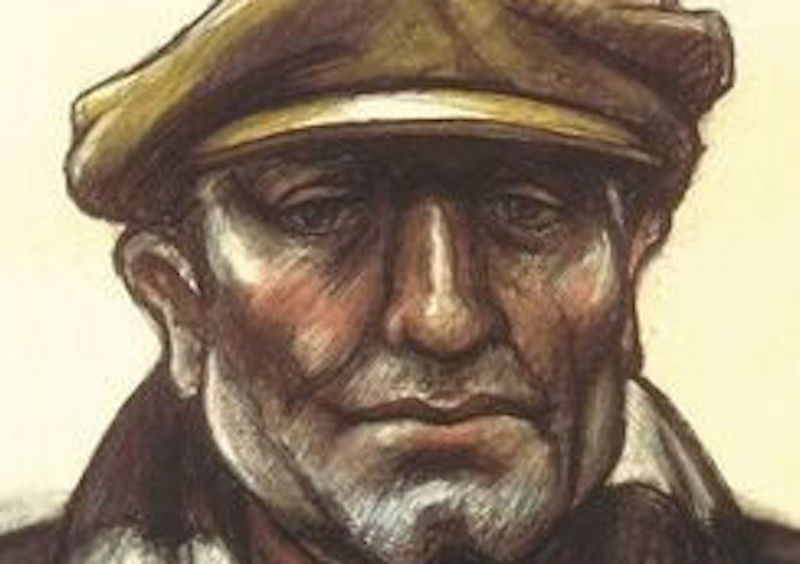Michael Chaplin. Newcastle United Stole My Heart: Sixty Years in Black and White. London: Hurst and Co, 2021. 280pp, $25.00.
The first thing to say is that Michael Chaplin’s Newcastle United Stole My Heart is one of the most delightfully vivid and colorful books I’ve read in many years. The joy begins almost immediately as we meet Chaplin’s family in the opening pages: a writer father who worked late hours, hunched over his desk in a haze of cigarette smoke where he would receive a mug of tea from Michael before the boy went to bed, and his grandfather, who scanned the newspaper every day looking at births, marriages, and deaths, which he referred to as “hatches, matches, and dispatches.” Chaplin reports that he rather enjoyed seeing all the “dispatches” who he had managed to outlive despite a typically rugged, difficult life in early 20th century northeast England. Everything about the book is rendered with love, vibrancy, and attentive delight. At one point, a friend of Chaplin’s describes former FIFA president Sepp Blatter as the sort of man who has “50 ideas a day — and 51 of them are bad.” Chaplin’s book, ostensibly about soccer, is really a love letter to the city of Newcastle and the soccer players who have delighted the city over six decades.
Login to read more
Sign in or create a free account to access Subscriber-only content.
